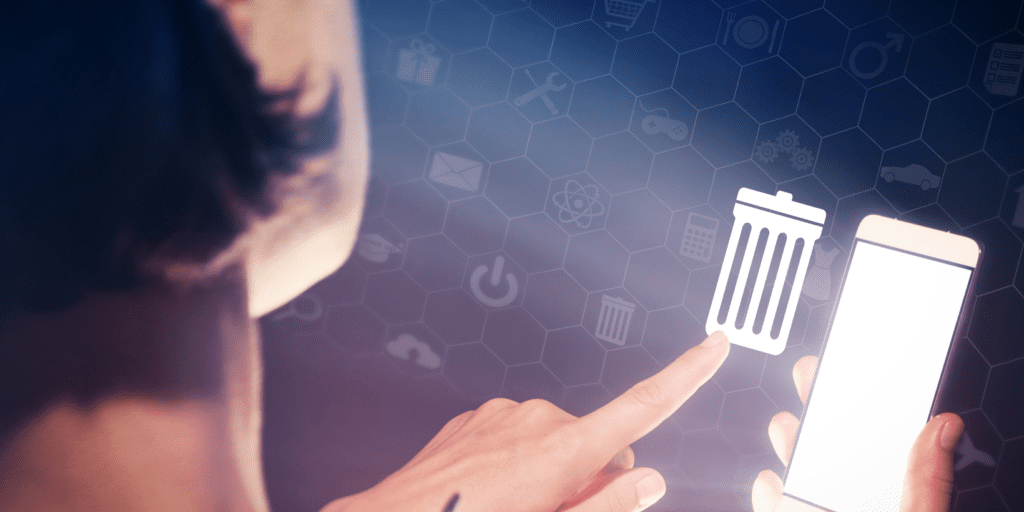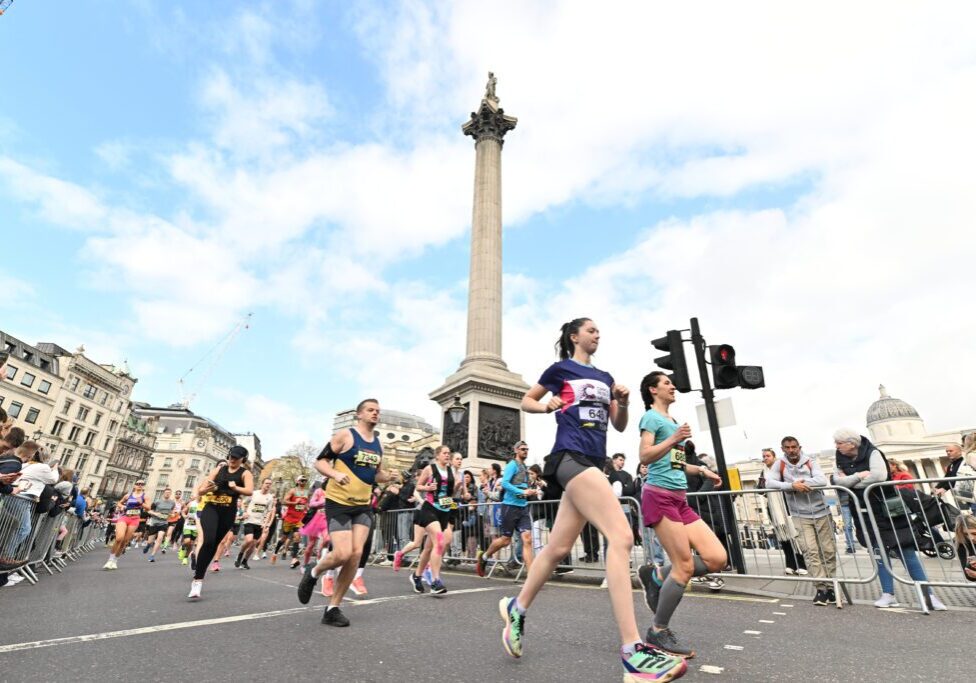Learning disability and autism support
We have a specialist service for people affected by rape and sexual abuse who are autistic and/or have a learning disability, disabilities, and communication support needs.
The information on this page is also available in EASY READ.
How to contact SARSAS
- Call us on 0117 929 9556
- Email us at info@sarsas.org.uk
- Fill out our online form and we will get in contact with you
- Ask a professional (like a GP or support worker) to get in contact with us for you.
What support can I get?
1-1 Specialist Support Work
Your support worker will:
- make sure you feel safe
- give you practical support such as writing a letter or talking to other support services
- give you emotional support such as information on improving your mental health and healthy relationships.
We understand that not everyone will communicate in the same way. We will support you in the way that works best for you.
Our specialist support service can be face-to-face in Bristol or Taunton. In other areas, you can get support on the telephone or online (Microsoft Teams).
We also provide workshops and training around sexual consent.
**We have chosen to use ‘identity-first’ language when talking about autistic people. This means that we say ‘autistic people’ rather than ‘people with autism’.
This is based on feedback from our lived experience advisory group, who have told us that this is their preferred language.**
Questions you might have
Safeguarding and privacy information
We have a Learning Disabilities and Autism Toolkit for those who work with or support autistic people and people with learning disabilities who have experienced sexual violence.
Easy read information
The latest from our news and blogs

When convenience becomes control: understanding technology-facilitated abuse in smart homes
Smart home devices are designed to make life easier: lights that switch on with your voice, a camera that tells you who’s at the door, and heating you can adjust from your phone.












